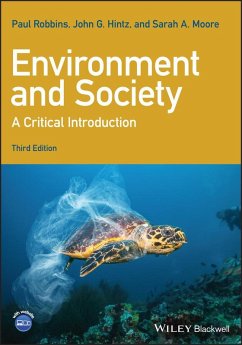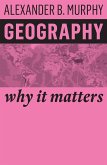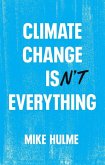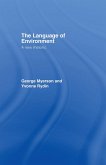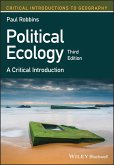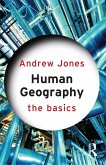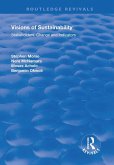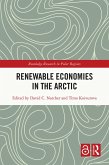A comprehensive yet accessible introduction to the conceptual tools used to explore real-world environmental problems Environment and Society: A Critical Introduction, Third Edition demonstrates how theoretical approaches such as environmental ethics, political economy, and social construction work as conceptual tools to identify and clarify contemporary environmental issues. Assuming no background knowledge in the subject, this reader-friendly textbook uses clear language and engaging examples to first describe nine key conceptual tools, and then apply them to a variety of familiar objects--from bottled water and French fries to trees, wolves, and carbon dioxide. Throughout the text, highly accessible chapters provide insight into the relationship between the environment and present-day society. Divided into two parts, the text begins by explaining major theoretical approaches for interpreting the environment-society relationship and discussing different perspectives about environmental problems. Part II examines a series of objects, each viewed through a sample of the theoretical tools from Part I, helping readers think critically about critical environmental topics such as deforestation, climate change, the global water supply, and hazardous e-waste. This fully revised third edition stresses a wider range of competing ways of thinking about environmental issues and features additional cases studies, up-to-date conceptual understandings, and new chapters in Part I on racializd environments and feminist approaches. Environment and Society: A Critical Introduction, Third Edition: * Covers theoretical lenses such as commodities, environmental ethics, and risks and hazards, and applies them to touchstone environment-society objects like wolves, tuna, trees, and carbon dioxide * Uses a conversational narrative to explain key historical events, topical issues and policies, and scientific concepts * Features substantial revisions and updates, including new chapters on feminism and race, and improved maps and illustrations * Includes a wealth of in-book and online resources, including exercises and boxed discussions, chapter summaries, review questions, references, suggested readings, an online test bank, and internet links * Provides additional instructor support such as suggested teaching models, full-color PowerPoint slides, and supplementary teaching material Retaining the innovative approach of its predecessors, Environment and Society: A Critical Introduction, Third Edition remains the ideal textbook for courses in environmental issues, environmental science, and nature and society theory.
Dieser Download kann aus rechtlichen Gründen nur mit Rechnungsadresse in A, B, BG, CY, CZ, D, DK, EW, E, FIN, F, GR, HR, H, IRL, I, LT, L, LR, M, NL, PL, P, R, S, SLO, SK ausgeliefert werden.

